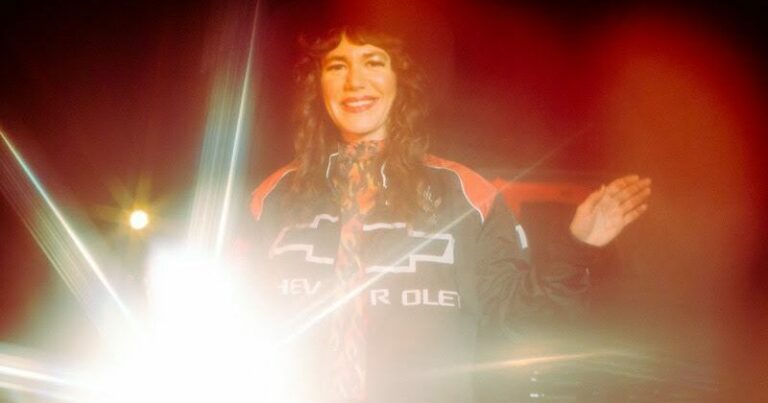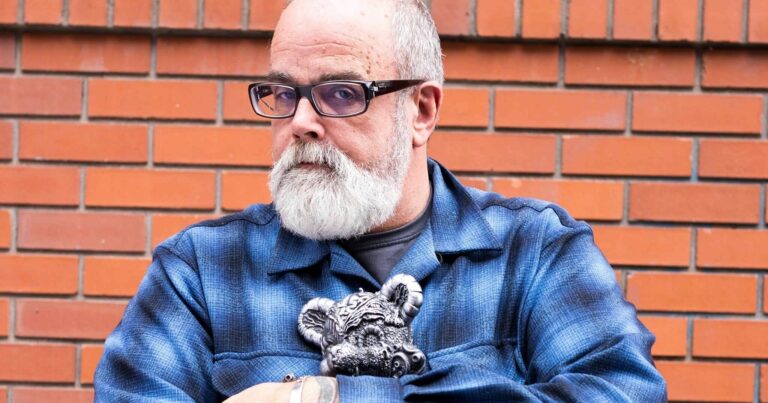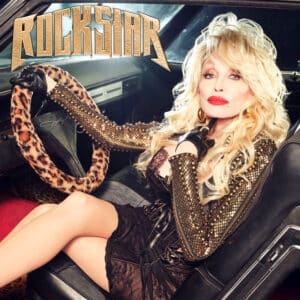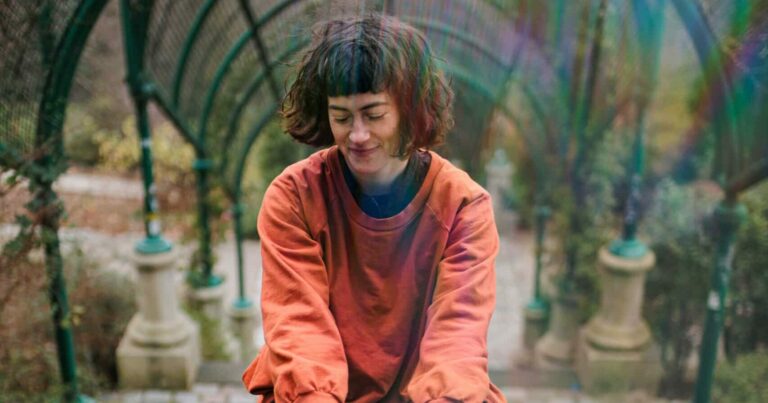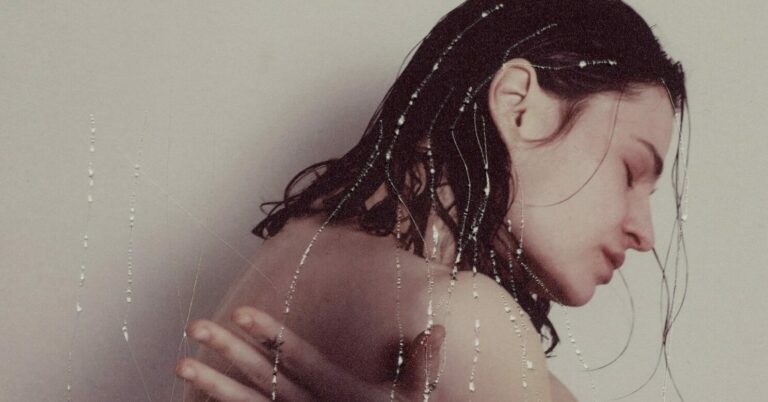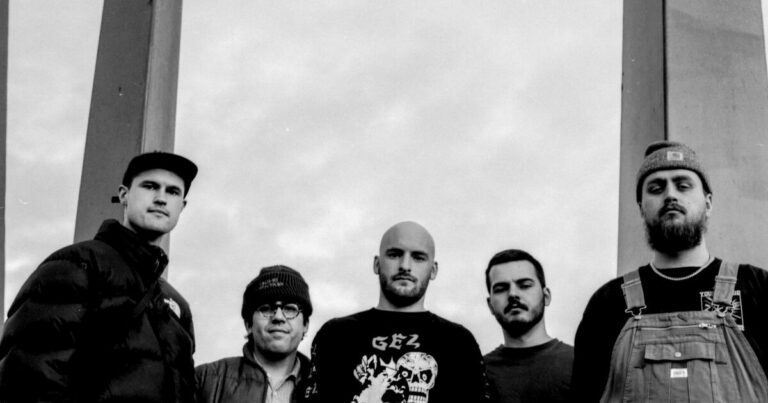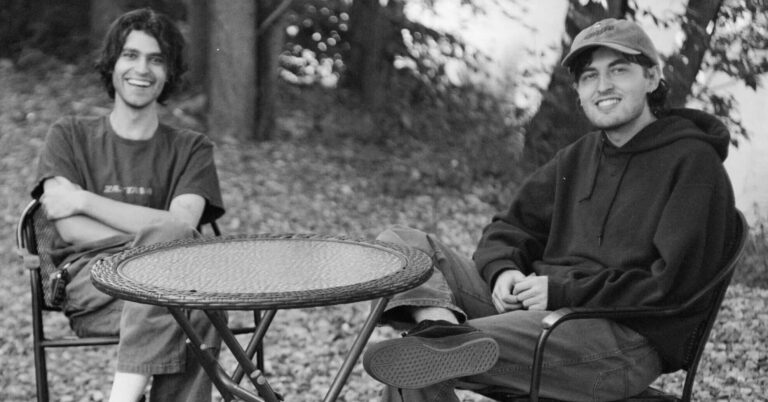Across the United States and other parts of the world, there is a cost of living crisis. More people than ever before are unemployed and inflation rates are through the roof. The coupling of these things has led many people to bankruptcy’s door. If you are one such individual (or you are just short on money) then you do have options. One of these is to start gambling. Gambling when you are already broke might seem counterintuitive but it can actually be a very good way of making money as long as you are cautious.
Developing, evaluating, and improving casino gaming strategies can be a good way of maximising your returns. Unfortunately, a lot of people do not have careful attitudes when it comes to gambling and instead rush into it. Rushing into gambling can be one of the worst things a person can do as it’s just as easy, if not easier, to lose money as it is to make it.
But how are you supposed to develop casino strategies and what even are they? This post will answer these questions so that you can turn a handsome profit for yourself.
Image Source: https://unsplash.com/photos/V3qzwMY2ak0
Developing a Strategy
So you want to start gambling? If the answer’s yes then your main priority should be the development of a strategy. Of course, it does need to be noted that it is difficult to strategize when you are playing automated games with randomized outcomes. Most experts advise playing live games because at least you can use your skill and expertise to win when you play them. Because it is hard to predict the outcomes of casino games (even live ones) your strategy’s main focus should be self-control.
If you are not in control of yourself then you won’t be able to gamble as effectively. People who lack self-control have a tendency to spend more than they can afford to lose. If you are not in control of yourself as you would like to be then you should set your own limits. Most casinos allow users to do this. Setting one’s own limits is essentially just restricting the amount of money one has to play with. Setting your limits could be an extremely effective way of limiting the amount of money you play with and, as a consequence, lose.
Finding a Reliable Casino
Once you have developed a strategy or at least gotten control over yourself, think about finding a reliable casino to use. The experts from Lucky Creek Casino are an example of a good casino as they have a huge array of games for users to choose from and positive reviews. Games and reviews should always be taken into consideration when you are looking for a casino to use. Reviews should take up most of your attention though. If a casino has good reviews then it is a clear sign that its users enjoy its service.
When looking for a reliable casino make sure that you also consider its star rating. Casinos with low star ratings should be avoided because they tend not to be very popular with users. Bear in mind also that sometimes casinos have no reviews whatsoever and you might be surprised to learn that that can actually be a good thing. You see an absence of reviews can mean that a casino’s users have nothing negative to say about it. If a casino’s users have nothing negative to say about it then that logically means the casino itself can be trusted and is worth using.
Using Casino Bonuses to Play
Did you know that you do not technically have to use any of your own money to gamble if you do not want to? It’s entirely possible to play exclusively using casino bonuses. If you are new to gambling and do not know what casino bonuses are then they are essentially monetary payments given to the users of casinos in order to get them hooked so they then begin playing with their own money. However, if you are sensible then you can use casino bonuses to your own advantage and play using them and never use any of your own money.
Unfortunately, though some casinos have started cracking down on bonus users, labelling their activities “bonus abuse.” You can avoid detection by withdrawing funds as soon as you win them and then depositing them in another casino or back in your account in a different denomination, i.e., if you win $50 then withdraw it and deposit $10 or alternatively $60 and put in $10 of your own money. Increasing the amount you withdrew when you re-deposit can make you look like you are using your own money and the casino you are using will be less likely to ban you. You can use casino bonuses to play live games too.
Playing More Live Games
As mentioned earlier on in this post it is actually easier to win from live games than it is from programmed ones that rely on machine algorithms and odds. The reason for this is that live games tend to involve more skill. Poker is the most popular live game there is. If you want to start playing more casino games then consider learning as much as you can about poker and then playing it live against other people. Playing poker against other people can be a great way to pass the time and keep yourself entertained.
A lot of people make the mistake of thinking that they do not need a lot of experience to play poker but that’s not true. You will find upon playing poker online that the individuals you come up against are highly skilled. Some of the world’s best poker players are online. Because of this, you need to educate yourself about poker before playing otherwise you could end up losing more money than you perhaps need to. There are various courses you can take online that teach you to become a better poker player than you are.
Gambling can be a fun way of making money. If you are short on cash then use this post’s guidance to devise a strategy and start playing more expertly. You can achieve financial independence from gambling if you take it seriously enough.
